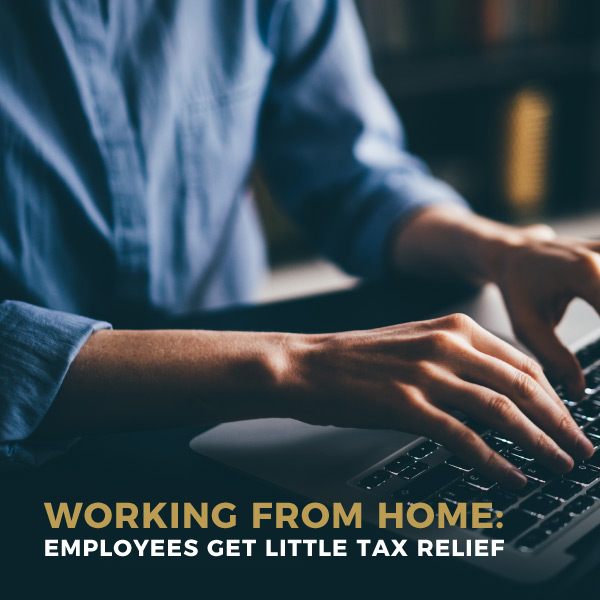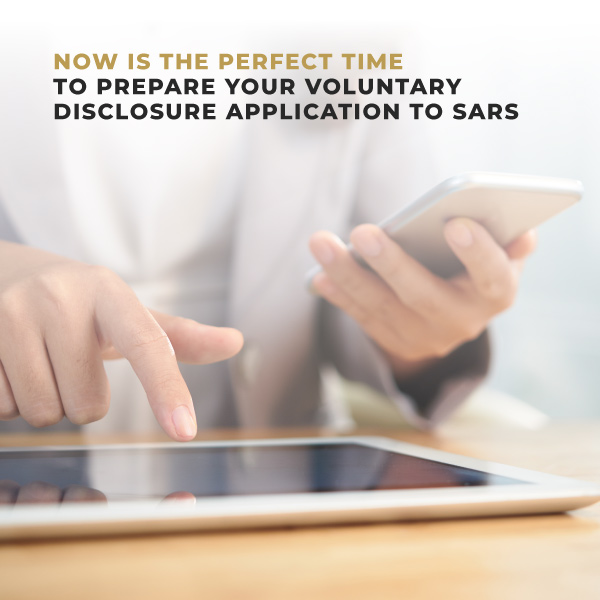WORKING FROM HOME: EMPLOYEES GET LITTLE TAX RELIEF
Many South Africans had to scramble to set up a home office when the country went into lockdown at the end of March in an effort to curb the spread of Covid-19. When the lockdown was extended by another two weeks, employees started asking questions about the expenses they have been incurring while working from home.
There are limited circumstances under the Income Tax Act that allow salaried employees to claim deductions for expenses incurred while providing a service to their employers, says Joon Chong, tax partner at Webber Wentzel.
She says an individual who earns remuneration from an employer can only claim these home office expenses if their home office is equipped for and is “regularly and exclusively” used to work for the employer for which they earn remuneration.
Working hours
Joon adds that at least 50% of their remuneration must be variable – such as commissions or bonuses – and at least 50% of the working hours must be spent away from the employer’s office.
If the individual has less than 50% of remuneration as variable payments, they can still claim home office expenses if they spend more than 50% of their working hours working from the home office.
Jean du Toit, tax attorney at Tax Consulting SA, says employees who normally work at the premises of the employer will not qualify for the deductions during the lockdown. “When you look at the total time during the tax year that you spend working from home you will still not qualify for the deductions because you would have spent most of you time at the employer’s premises and not your home,” he says.
“Unless the lockdown is extended for more than six months, most employees will not be able to claim any of the home-office expenses allowed under the Income Tax Act.”
Du Toit says when claiming these expenses from your employer one starts moving into the area of allowances. There are very few allowances that do not attract tax, he explains.
Make the up the required time post-lockdown?
Chong says it may well be more efficient for an individual to continue working for two or three days in their home office even after the lockdown has ended.
This means that salaried employees could spend more than 50% of aggregate working hours in the 2021 year of assessment (12 months ending February 28, 2021) working in their home office.
“These individuals would be happier having spent less time braving peak hour traffic, start working earlier in the day, and as a bonus be able to claim home office expenses as deductions,” says Chong.
In the short term it may be easier for employees who have to work from home during the lockdown to claim home office expenses from their employer on a “reimbursive basis” with supporting invoices.
“Costs which can be claimed include fibre connectivity cost, cell phone costs, stationery, and computer equipment, if these have been incurred for use mainly in the employer’s business.”
More admin
These amounts would not be part of remuneration and no employee tax (PAYE) would be withheld from the reimbursed payments. However, this method requires more involvement from the employer as they would need to check and approve the expenses, remarks Chong.
If the employee is acquiring any asset on behalf of the employer for use in the employee’s home mainly for the employer’s business, the employer can claim value-added tax (Vat) on the reimbursements.
It is preferable for any invoices to be in the employer’s name if possible.
However, if the employee is acquiring the asset, then the employer would not be able to claim VAT on the reimbursed amounts, says Chong.
Potential fringe benefit issues
Keith Engel, CEO of the South African Institute of Tax Professionals, says the law in this area can be a bit murky due to the myriad of items involved and how payment is made.
“In most situations, I would assume that the employer purchased or provided the necessary remote equipment or access out of the employer’s own funds shortly before the lockdown, raising potential fringe benefit issues and possibly value-added tax.”
These home office variations will probably increase over the year as working from home becomes an extended norm.
Engel says it would be appropriate to have a better understanding of these variations before making legislative changes. Many issues can probably be resolved through clearer interpretation.
“That said, the policy problem raised is a troublesome one for the South African Revenue Service [Sars] because the current legal dynamic assumes a work-office philosophy with a guard against home office expenses as abusively disguised personal expenses.”
Government will need to have a clear set of rules to keep these claims simple while adjusting for the new reality, says Engel.
Sars did not respond to questions relating to the tax treatment of claims for home office expenses during the lockdown period within the timeframe it promised.
Source: Moneyweb
![2025-logo-[Recovered] Tax Consulting South Africa](https://www.taxconsulting.co.za/wp-content/uploads/2025/01/2025-logo-Recovered.png)





